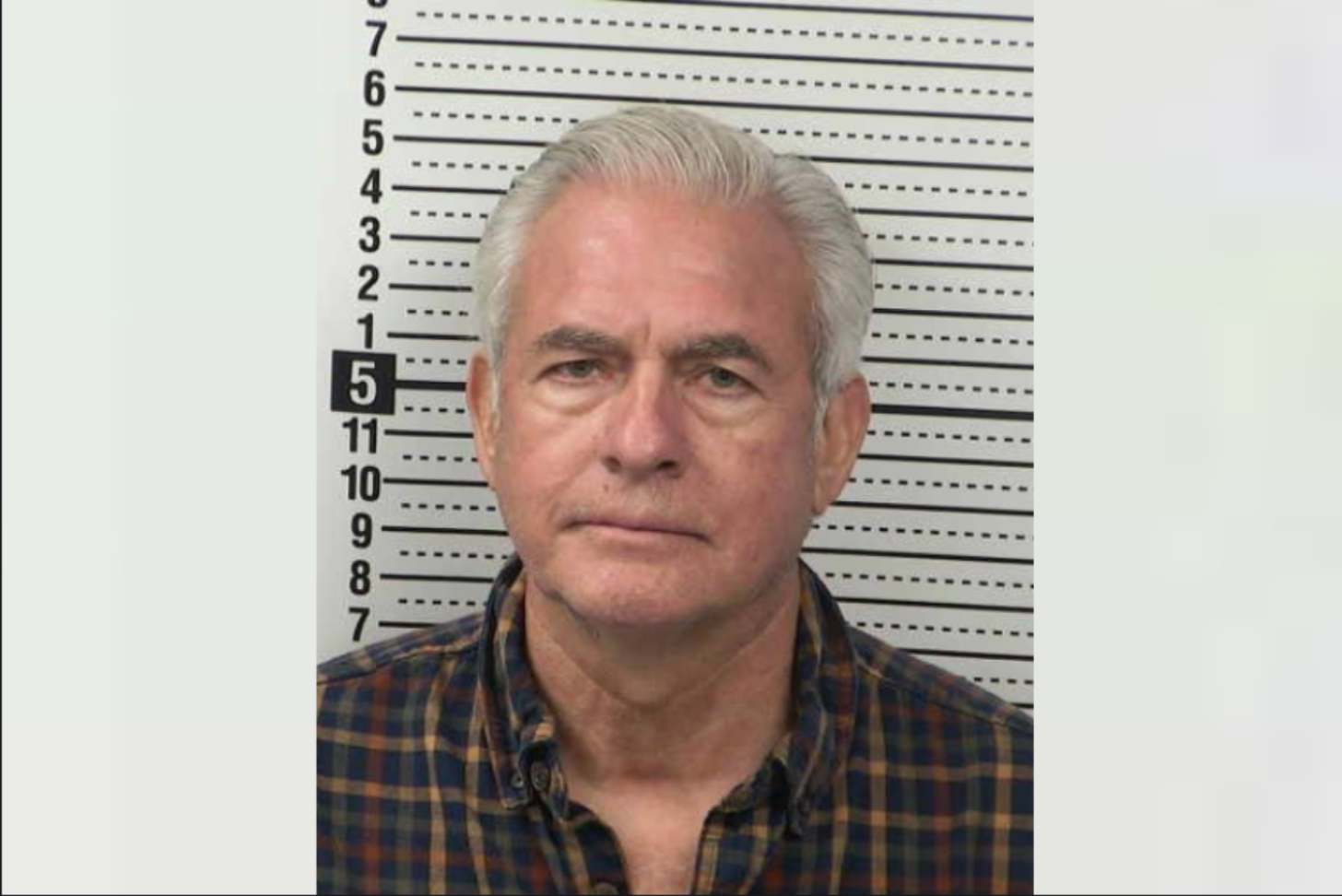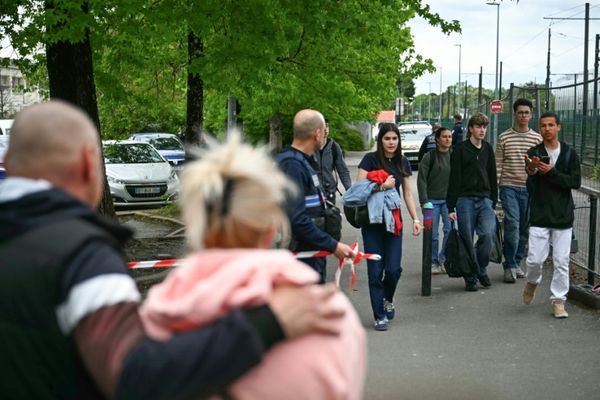Immigration authorities raided a former New Mexico judge’s home, where they accused him of harboring an alleged Tren de Aragua gang member, and took him into custody.
Former Dona Ana County Magistrate Judge Joel Cano, 67, and his wife, Nancy Cano, 68, were arrested by Immigration and Customs Enforcementx Thursday after a tipster claimed that undocumented migrants associated with the Venezuelan gang were staying at their home. The couple has been charged with tampering with evidence, jail records show.
The investigation began in January 2025 after ICE received an anonymous tip that “an illegal alien from Venezuela and a suspected member of a criminal gang, was residing with other illegal aliens in the United States” at the judge’s home in Las Cruces and was in possession of firearms, according to court filings.
Two search warrants were executed at the Canos’ home on February 28, during which authorities seized four guns and took three immigrants into custody, documents say.
The judge resigned in March after federal authorities accused the couple of housing an undocumented Venezuelan immigrant, Cristhian Ortega-Lopez, at their home.

“Let me be as crystal clear as possible,” Cano wrote in his resignation, obtained by KOAT. “The very first time I ever heard that the boys could possibly have any association with Tren de Aragua was when I was informed of that by [the] agents on the day of the raid.”
He added that each of the men had immigration paperwork that suggested that they were not subject to removal. “Their papers stated in the upper right-hand corner, ‘This Person is Not Subject to Removal.’ They each had a specific court date regarding their asylum hearing,” Cano stated.
He continued: “I have three grandkids that I love dearly. Their ages are 15, 8 and 6. There is no way in the world that I would have allowed my grandkids to have any contact with the boys if I had sensed danger.”
Ortego-Lopez installed a glass door for Nancy Cano in late 2023, according to court documents. He continued doing a few jobs for her in 2024 and after he was evicted from his apartment in April 2024, she offered him a stay in their “casita,” a small house on their property. There, Ortego-Lopez was given access to guns, the filing says.
Ortega-Lopez allegedly posted photos of himself on social media holding guns. Agents also looked at the social media accounts of the other undocumented immigrants staying at the judge's house that suggests “clear indicators” of association with the Venezuelan gang.
“These indicators included tattoos, clothing apparel and displaying hand gestures,” the government wrote.

President Donald Trump’s administration has repeatedly relied on tattoos to identify alleged gang members. ICE has been apparently relying on a scorecard — the “Alien Enemies Act Validation Guide” — to determine whether Venezuelan immigrants are eligible for deportation, ACLU lawyers have said. If migrants reach a score of eight points or higher, they are “validated as members” of the Tren de Aragua gang, the guide states. Tattoos are worth four points.
Last month, the administration sent three planes carrying dozens of Venezuelans to a notorious prison in El Salvador after the president invoked the Alien Enemies Act, a 1798 wartime law.
The president’s order states that “all Venezuelan citizens 14 years of age or older who are members of [Tren de Aragua], are within the United States, and are not actually naturalized or lawful permanent residents of the United States are liable to be apprehended, restrained, secured, and removed as Alien Enemies.” The ACLU sued administration officials over their use of the Alien Enemies Act and a judge issued a temporary restraining order barring the migrants from being deported. Still, the planes flew to El Salvador; the judge this month said he found “probable cause” to hold the Trump administration in criminal contempt.
The Supreme Court ruled earlier this month that the Trump administration has the authority to deport migrants under the centuries-old act but also ordered that the government provide detainees an opportunity to contest their removals in court districts nearest to the detention centers where they are being held.







